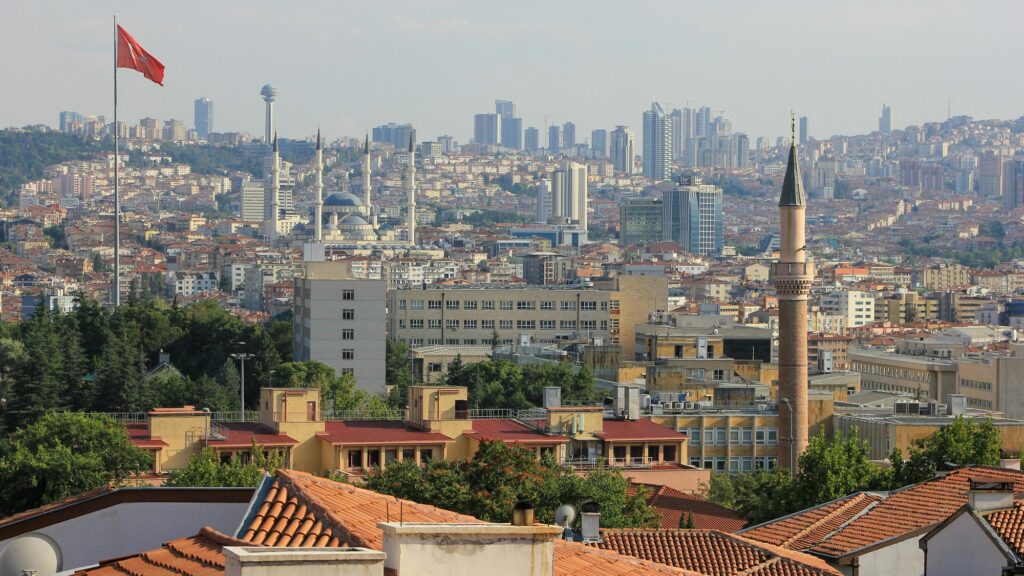I turned away my head from the young man sitting next to me in discomfort and stared out of the window for a couple of seconds, until a garbage truck passed by my bus, and I noticed on it the same sign that made me turn my head in the first place. Both the man’s jacket and the garbage truck had a big Z sign on them. While such outright demonstration of supporting the regime is not required in Russia, over the last couple of months it became more common. People wear the Z sign not only because they believe in the righteousness of the ‘special military operation’ — but also because it is an easy virtue signal that distracts the authority’s eye-of Sauron-like attention away from you. I have worked in Moscow for a while, and I can reassure everyone in doubt that the experience of living in a real autocracy like Russia is incomparable to living in Hungary, which is a free and democratic country.
A couple of days ago the European Parliament passed a resolution with 433 votes in favour and 123 against that Hungary a ’hybrid regime of electoral autocracy’ that is in ’breach’ of EU democratic norms. Autocracy is traditionally defined as a regime in which absolute power is concentrated in the hands of one person, who exercises total control over the system of government. While such an academic definition of ‘autocracy’ may be useful in theory, we must bear in mind that the Western world that has no living memory of non-democratic rule seems to have forgotten that ‘autocracy’ is more than just the sum of its institutions. The civic norms that are created and influenced by institutional settings, and the way average citizens live their lives are more accurate reflections of the true nature of political systems. For anyone having more awareness about both the institutional nature and bottom-up perceptions of an ‘autocracy’, the EP’s decision about Hungary appears problematic on two fronts. First, it is unclear where the MEPs’ expertise comes that would make them capable of accurately judging the nature of Hungarian political institutions. Second, from a bottom-up perspective, Hungary is nothing like an ‘autocracy’: Hungarian citizens live free from and undisturbed by their government.
In Russia, much human effort and energy is dedicated to simply guessing what the ‘right’, ‘desired’ and ‘expected’ thing to do is
An autocracy is more than just a certain institutional configuration—it is also the general sense of fear and repression that runs deep, something people feel in their hearts. Living in the Russian capital, I have experienced this first hand. When walking the streets of Moscow, I have a feeling of unease, and I feel intimidated whenever a policeman passes by. I must think twice before I post anything on social media; I need to pay attention constantly to how I behave, what to appear to think and believe when in the company of others. In Russia, much human effort and energy is dedicated to simply guessing what the ‘right’, ‘desired’ and ‘expected’ thing to do is. By contrast, if you ever felt, when walking the streets of Budapest, that you can freely breathe and that you are not compelled to think about politics all the time and you need not fear the policemen passing by—those moments of free carelessness were a testimony to the country’s democratic nature.
As the Western world got accustomed to freedom over several generations, it seems to have forgotten that ‘autocracy’—and any other political system for that matter—is not only an institutional configuration, but it is also what it does to people. As I said, talking about institutions is important for academic purposes as it gives a more objective set of criteria to evaluate countries, but for the ordinary person, it is how they experience interacting with those institutions that matter. As long as law-abiding citizens can publicly display religious, political or any other symbols reflecting their convictions without fear of repercussions, and as long as the sight of a policeman does not instil fear in them, the country is democratic—even if an imperfect one. To put it very simply: unlike in Russia, in Hungary I have never felt fear when leaving my flat—and for me, that is what most powerfully testifies that Hungary is fundamentally democratic.








